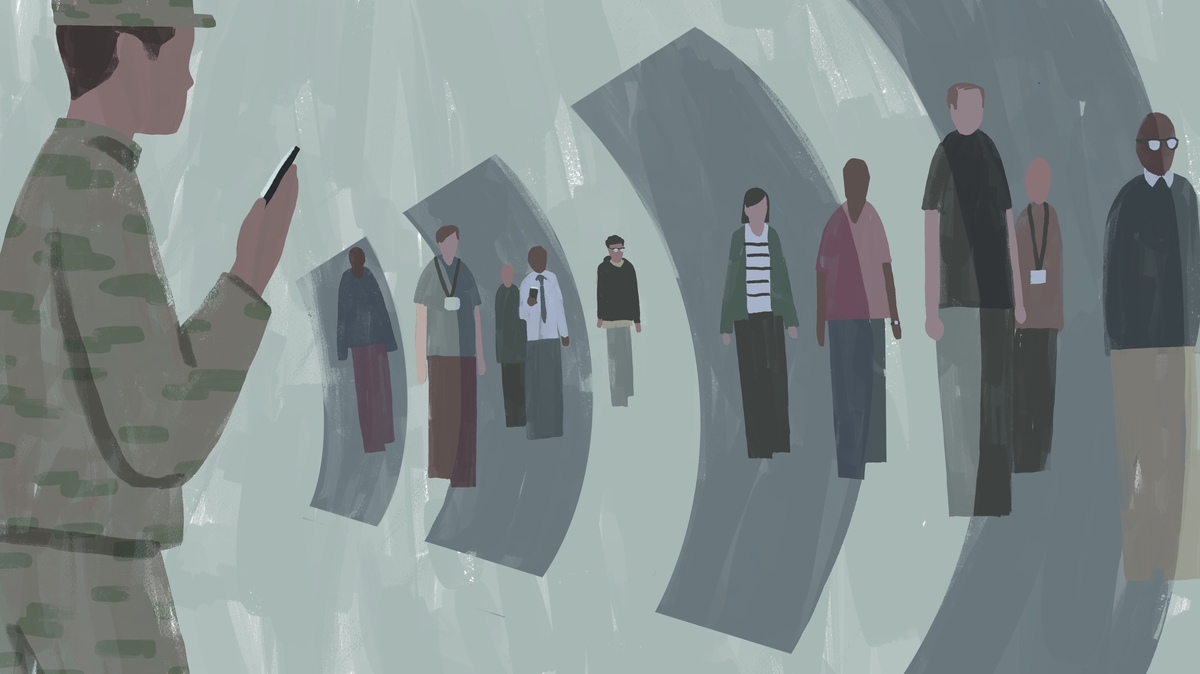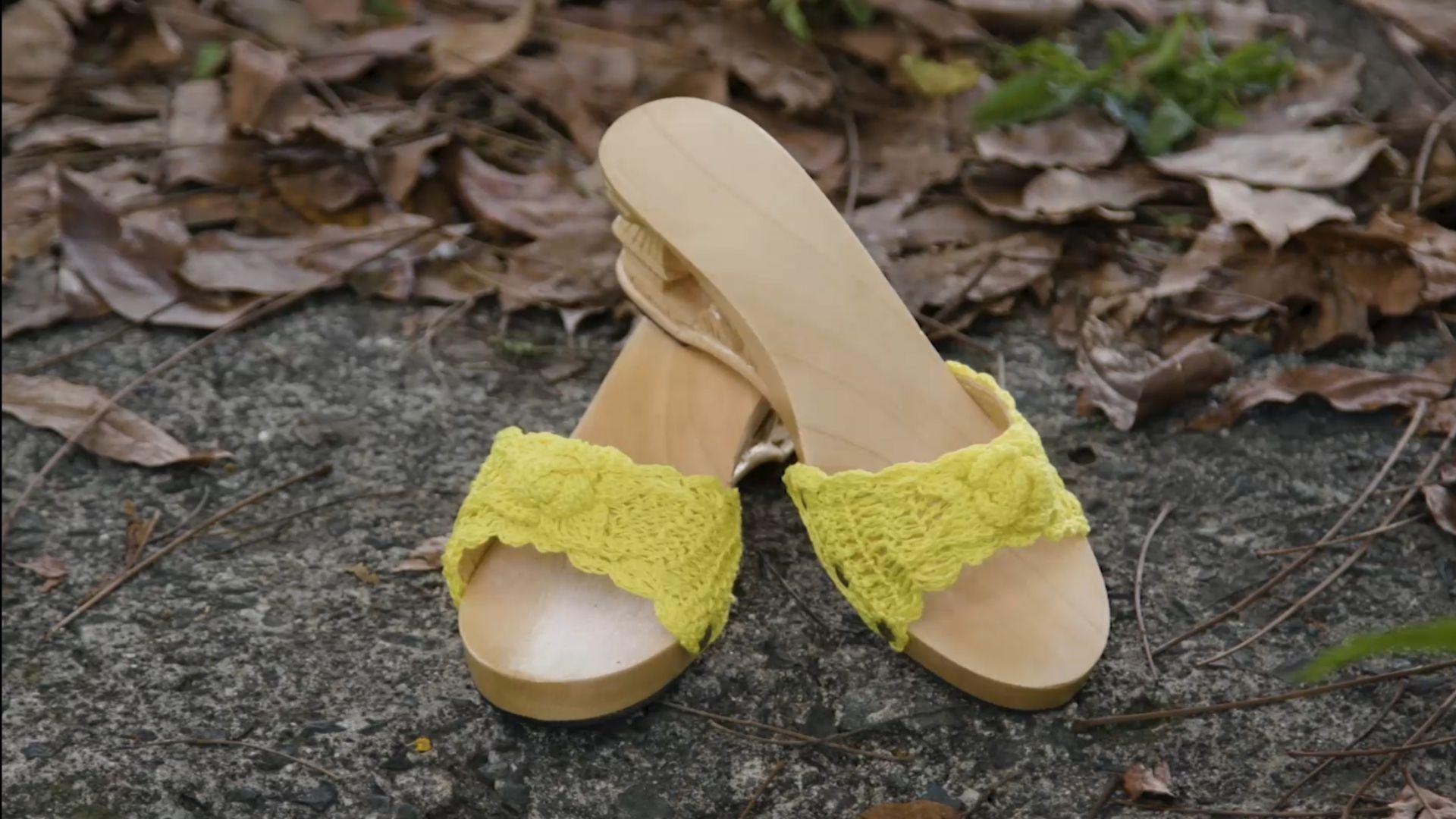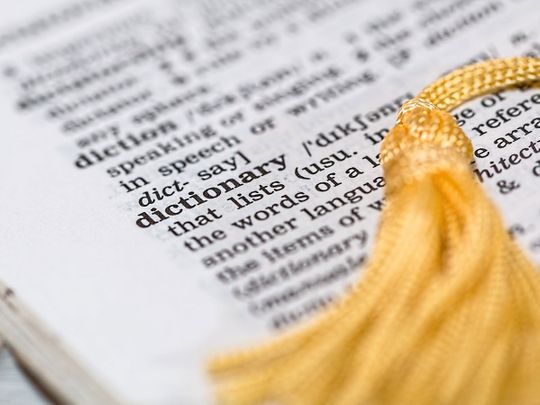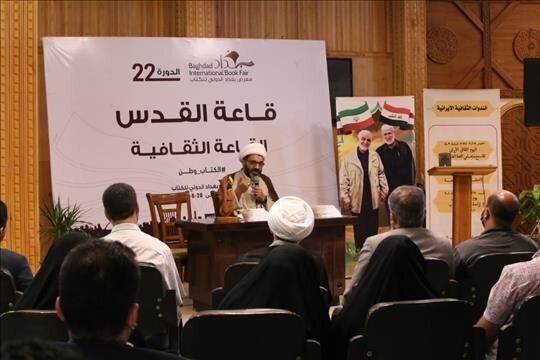Press Release from the Hessen State Government from 22 JUNE 2021
Courtesy Translation: Nadine Bower, Public Affairs Specialist
Corona Cabinet
"Continue to remain calm and mindful"
Minister President Bouffier and Health Minister Klose on the decisions of the Corona cabinet.
Today, the Hessen state government has decided on further opening steps in view of declining infection numbers. "We are pleased that the incidences are falling significantly, that the measures have been successful, and that we can therefore justify further relaxations. As of today, the nationwide incidence is 9.2 and all Hessen districts are well below 50. This is first and foremost the achievement of the people who have largely adhered to the rules," said Hessen Minister President Volker Bouffier after the cabinet meeting. "Therefore, starting Friday, a far-reaching return to more normality will be possible. The mask requirement in the open air is no longer necessary and meetings with more people are possible again. At the same time, however, we must remain cautious, as, for example, the effects of the new Delta variant cannot be assessed yet. Should the infections increase again, new restrictions may become necessary, which would then be implemented on the basis of the established Hessen escalation concept. We must continue to be calm and mindful so as not to risk our achievements."
“Nowadays, we now know much more about how to deal with virus variants and how to transmit infections; we have testing and vaccination facilities. Masks, distance, hygiene, ventilation are very simple ways to prevent transmissions every day. It is important to get vaccinated as soon as an offer exists. A look at the current massive spread of the Delta variant in Portugal, England or Russia should warn us to carefully preserve the finally possible freedoms beyond the summer," said Health Minister Klose.
The following regulations have been adopted taking into account all health, economic and social factors:
Mask requirement:
- No more mask requirement outdoors. Masks recommended if distances cannot be observed.
- Mask obligation (medical mask) indoors up until one has reached their seat.
Private meetings:
- No restrictions. Compliance with the distance and hygiene rules. Tests recommended.
- Event rules apply for gatherings of 25 people and more
Curfews:
- Remain lifted.
Workplace:
- No restrictions under state law.
School:
- Face-to-face lessons for all classes. Mandatory testing: 2x per week.
- Masks in the school building and classroom until seated. Lessons without a mask.
- Masks mandatory in the event of outbreaks at the school.
Childcare:
- Regular operation with hygiene measures. Groups can be mixed again. (Transitional period until July 5th)
- Masks are not required for teachers.
Sports:
- Team sports are possible.
- Swimming pools open with limit on number of visitors
- Gyms open with contact data collection & distance rules and hygiene concept
Cultural offers:
- Open with hygiene and spacing concept – inside and outside.
Events (25 and more people):
- Possible with conditions, including distance and hygiene concept, Indoors: Test required; contact data collection.
- Maximum participants: 250 inside and 500 outside (vaccinated and recovered do not count). Larger events are subject to approval.
- Exceptions possible, for example for professional gatherings
Services on the body:
- Open with mandatory masks. Hygiene rules and contact data collection.
Retail:
- All stores open without square meter limit. Masks mandatory.
Gastronomy:
- Open with hygiene and distance concept – inside and outside. Contact data collection.
- Masks mandatory for staff and guests up until seated.
- Indoors: Test required.
Clubs / Discotheques:
- Outdoor areas open with conditions – including tests required, limit on number of people.
- Indoors: Open as bar / gastronomy.
Hotels and overnight accommodation:
- Open with conditions, including mandatory tests 1x per week, distance and hygiene rules.
Public transportation:
- Masks mandatory in the vehicle and in the station buildings
Higher education:
- Regular operation under pandemic conditions with further simplifications.
Prostitution establishments:
- Open with mandatory testing, hygiene rules and contact data collection.
If the incidences in a district or a district-free city rise above the 50 mark for seven days in a row, there will be district-specific restrictions on site. If the infection process can be clearly limited to an area, targeted hotspot measures will be taken. Starting with an incidence of higher than 100, further measures take effect in accordance with the escalation concept. These include, for example, stricter contact rules and a renewed extension of the mask requirement.
Additional information
The development of infections in Hessen has declined sharply and continuously in recent weeks. State-wide, the incidence value is now at 9.2. Nine counties fall below the threshold of 5 new infections.
The occupancy of hospitals and intensive care units with Covid-19 patients has also fallen sharply. The death toll in connection with a corona infection has also fallen significantly.
At the same time, the number of people vaccinated has increased. More than 50 percent of Hessen residents have been vaccinated at least once and have thus already received a certain degree of protection against severe disease progression. Almost 30 percent have already received full vaccination protection.
In addition, the summer temperatures lead to increased outdoor activities. Rapid and self-tests determine with good accuracy whether a person is currently contagious due to an acute SARS-CoV-2 infection. They can offer additional security in numerous situations, such as when using services, eating at restaurants or in schools.
In May 2021, after a long lockdown period, which was characterized by comprehensive restrictions on public life, the Hessen state government withdrew a first part of the ordered restrictions and transferred them to a gradual opening concept in the area of contact and operating restrictions linked to the development of the incidence values. These first relaxations have proved their worth, especially in view of the continuously sharp decline of the number of new infections.
However, the pandemic is not over yet. In particular, with regard to the increasing spread of the delta variant of the SARS-CoV-2 virus, which first appeared in India, there remains cause for concern. A number of the previous restrictions will therefore continue to be maintained.
In the course of the new regulation, the regulations of the Corona Facility Protection Ordinance and the Corona Contact and Operating Restriction Ordinance will be combined and transferred into a single and clear Coronavirus Protection Ordinance.
The rules on public contact restrictions will be lifted and replaced by an appeal for responsible behavior in the pandemic. Every person is required to behave in such a way that they and others do not expose themselves to avoidable risks of infection. Special care should be taken in the case of encounters with persons at risk. It is recommended to wear masks everywhere where distances cannot be observed. People who have not yet been vaccinated or recovered should be tested regularly.
The facility protection of hospitals, day-care centers and schools, for example, will be adapted to the current pandemic situation in the respective areas. Here, the triad of negative proof, mask obligation and contact tracing play a special role.
The different infection hazards in indoor spaces are also taken into account. In this context, for example, the possibility of organizing events, the practice of sports and the operation of cultural and leisure facilities, restaurants, overnight accommodation establishments, service companies, clubs, discotheques and prostitution establishments is also subject to appropriate conditions. The quarantine obligation already in effect on the basis of a positive test result will remain in place.
Link to the escalation concept of the Hessen state government: https://ift.tt/392ls12
Link to the regulation: https://ift.tt/3qm1Gpj
Source: https://ift.tt/2SiUHRq
| Date Taken: |
06.23.2021 |
| Date Posted: |
06.23.2021 09:59 |
| Story ID: |
399488 |
| Location: |
WIESBADEN, HE, DE |
| Web Views: |
7 |
| Downloads: |
0 |
PUBLIC DOMAIN 
This work, Courtesy Translation: Hessen's new opening steps, by Nadine Bower, identified by DVIDS, must comply with the restrictions shown on https://ift.tt/2vbbNT7.






